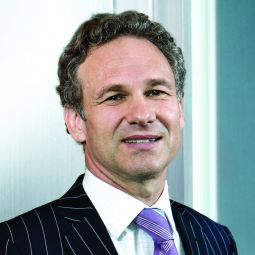It is widely agreed that New Zealand's infrastructure problem is severe and will not be easily unwound, Chapman Tripp partner Mark Reese says.
Mr Reese's comment follows the release of the law firm's publication What next for infrastructure? It says our sagging infrastructure is inhibiting the economy and our quality of life, in the form of gridlock, lost production, unaffordable housing, environmental degradation, and more – and current financing models are not equal to the task.

Mark Reese.
“But we are not alone in this. The world infrastructure deficit is estimated at US$21 trillion, which means that this is a front-of-mind issue for authorities such as the International Monetary Fund, the World Bank and the OECD so there is a lot of international research to draw on," he says.
“There are also a number of best-practice examples of innovative thinking that could be adapted to the New Zealand context."
Mr Reese says what is required is a coordinated approach to create a solid pipeline of work, and financing tools to attract private sector investment.
“There is a wave of global capital looking for a home, with institutional investors worldwide now managing more than US$120 trillion. Pension funds, in particular, are seeking out safe asset classes that deliver a long-term return, and infrastructure investments fit neatly into this profile.
“The need for solutions is becoming more urgent as the meteorological effects of climate change begin to bite and the emissions-reduction strategy, based around an effective carbon price, shifts up a gear.
